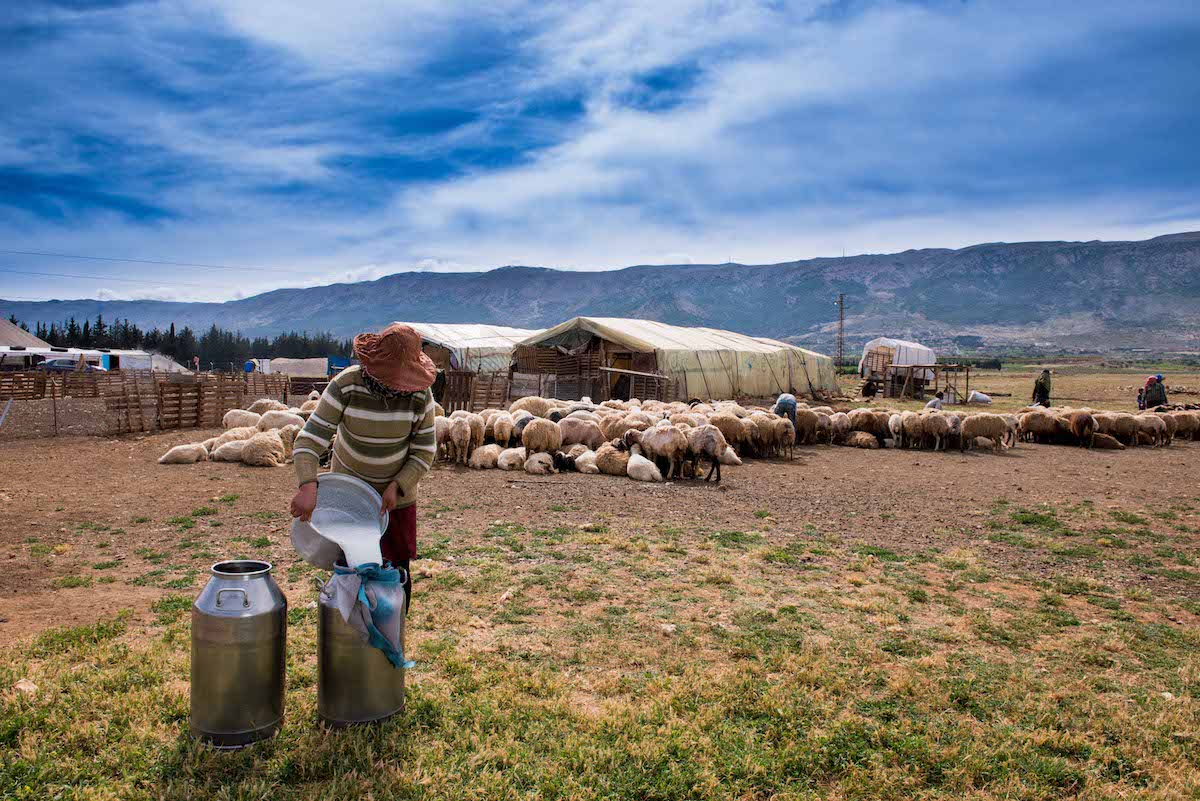Views: 4,096
Climate change will have far-reaching impacts on the Middle East. Experts anticipate the region’s future to be dramatically affected by changing climate conditions and extreme weather events, the scarcity of natural resources and the continued human pollution of the environment.
Existing conflict lines will likely be exacerbated by these dynamics.
The Robert Bosch Stiftung and its partners Orient Matters and the Arab Reform Initiative strive to build a program around innovative projects in the Middle East. The program and even more so its projects, aims to tackle the interlinkages between climate change, conflict and environmental governance using comprehensive and sustainable approaches. Thereby, we are particularly interested in locally-led approaches, as including local communities, their knowledge and expectations contribute to sustainable peace.
Following the open call for ideas in October 2021, four projects have been chosen, working on diverse subjects and in different fields. These projects work on topics like waste management systems, natural resource distribution between conflicting communities, the impact of the extraction of oil on the environment and the livelihood of local communities as well as the impact of access to water on local conflict dynamics.
Hima for Peace
The traditional Hima concept was until now deployed to facilitate the sustainable use of natural resources, based on empowering local, traditional knowledge, culture and livelihood. This project seeks to expand the Hima concept into the realms of conflict resolution.
About the project
Hima is a traditional system of resource tenure that has originated in the Arabian Peninsula 1500 years ago. Since 2004, the Society for the Protection of Nature in Lebanon (SPNL) has been working on revitalizing and reviving the Hima approach to promote the conservation of Important Bird & Biodiversity Areas through the sustainable use of natural resources. Hima so far has been used as a community-led ecosystem-based approach for the protection of biodiversity. The “Hima for Peace” project aims to adapt this traditional approach from a tool for biodiversity protection to an instrument for conflict resolution. The “Hima for Peace” approach is supposed to be community-led and -managed, so that the potential for conflict among users of natural resources is significantly reduced.
Why are we running this project?
Locally-led approaches, and particularly those working on the intersection of conflict, climate change and environmental governance, have great potential to impact communities positively, but can be difficult to implement. We would like to foster exchange and joint learning between organizations working on similar challenges.
Who organizes and supports the project?
The Society for Protecting Nature in Lebanon was established in 1986, to advocate the establishment of protected areas. Since 2005, SPNL works with the Hima approach and developed a total of 25 Himas in Lebanon. SPNL has widely contributed to both raising awareness on environmental issues and concretely protecting natural areas in Lebanon.
The World Conservation Union (IUCN) has a global support program on traditional knowledge and community engagement, which aims to catalyze and support efforts at various levels to protect, promote and use traditional knowledge and community engagement to strengthen conservation and sustainable development.
